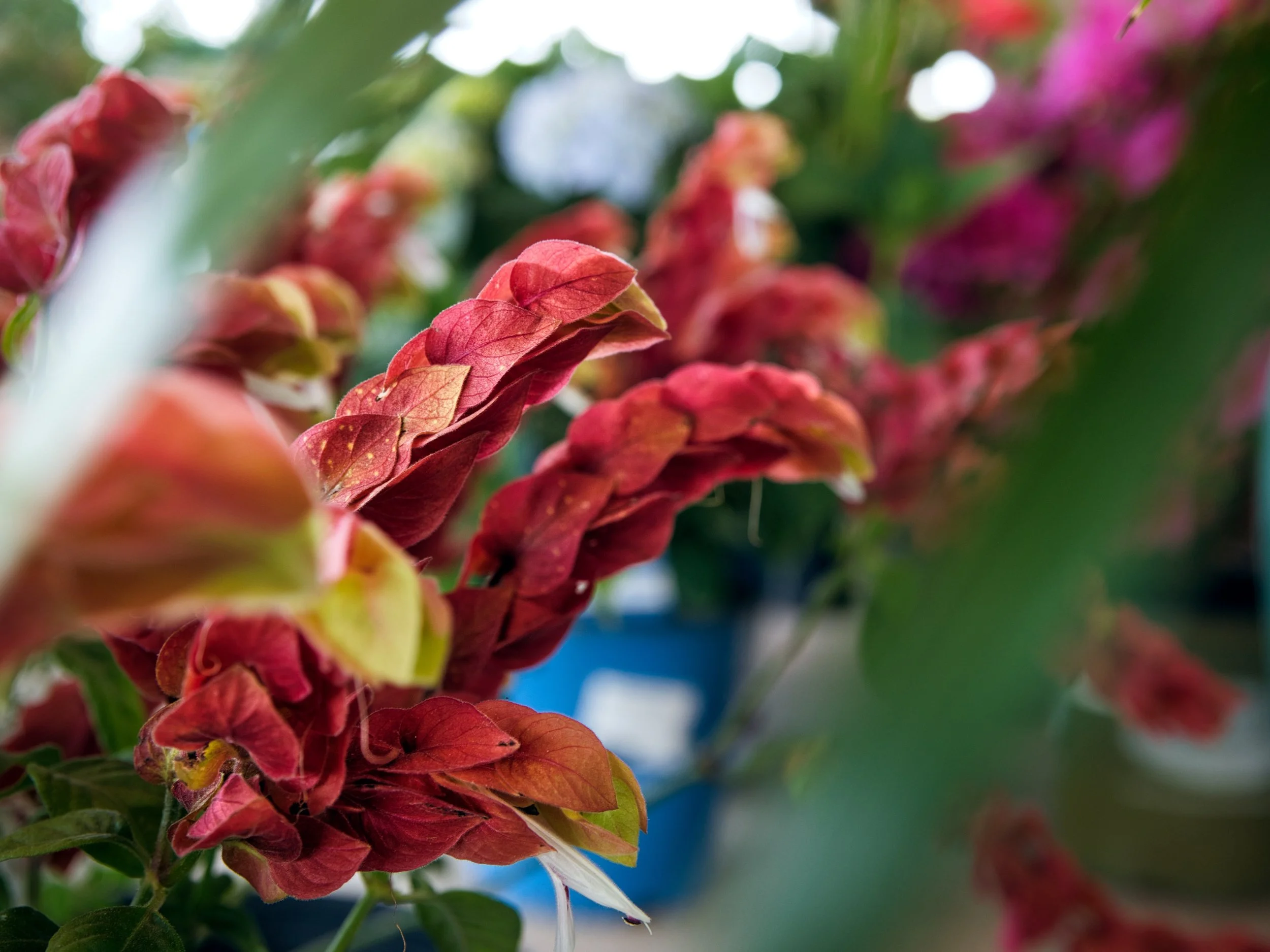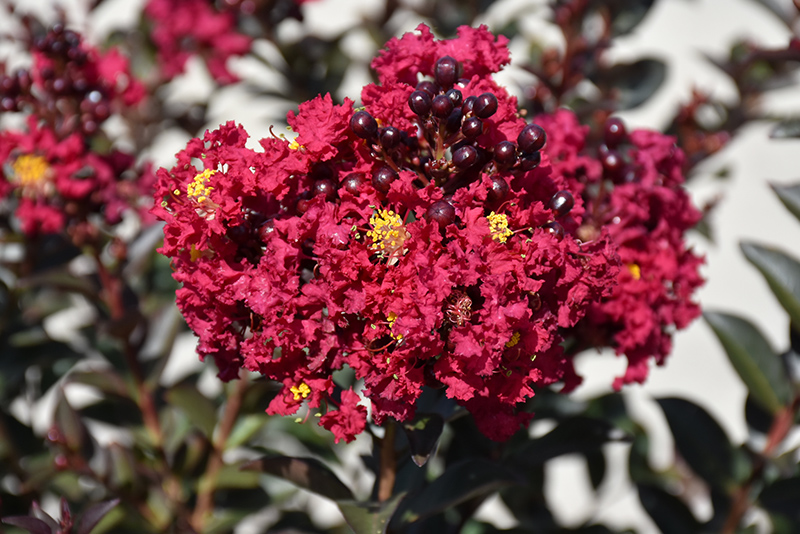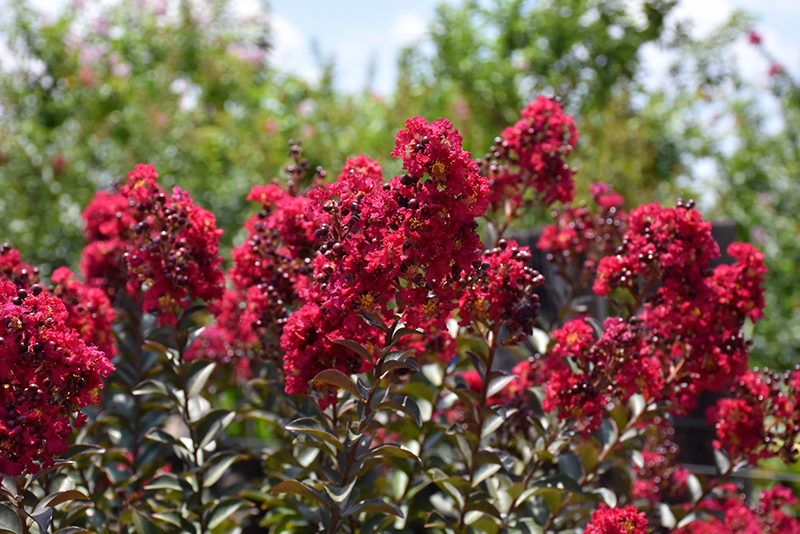Double Feature® Crapemyrtle
Lagerstroemia indica 'Whit IX'
Height: 8 feet
Spread: 8 feet
Sunlight:
![]()
Hardiness Zone: 6a
Other Names: Crape Myrtle, Crepe Myrtle
Brand: Whitcomb Crapemyrtles
Description:
This outstanding variety produces volumes of vivid, ruby-red frilly blooms in summer; burgundy new foliage matures to dark green; blooms from early summer to fall; captivating focal point for the garden or border; also good for container planting
Ornamental Features
Double Feature® Crapemyrtle is draped in stunning panicles of ruby-red frilly flowers at the ends of the branches from early summer to early fall. It has attractive dark green foliage with hints of burgundy which emerges burgundy in spring. The oval leaves are highly ornamental and turn orange in fall.
Landscape Attributes
Double Feature® Crapemyrtle is a dense multi-stemmed deciduous shrub with an upright spreading habit of growth. Its relatively fine texture sets it apart from other landscape plants with less refined foliage.
This is a relatively low maintenance shrub, and is best pruned in late winter once the threat of extreme cold has passed. Deer don't particularly care for this plant and will usually leave it alone in favor of tastier treats. It has no significant negative characteristics.
Double Feature® Crapemyrtle is recommended for the following landscape applications;
- Accent
- Mass Planting
- Hedges/Screening
- General Garden Use
Planting & Growing
Double Feature® Crapemyrtle will grow to be about 8 feet tall at maturity, with a spread of 8 feet. It has a low canopy with a typical clearance of 3 feet from the ground, and is suitable for planting under power lines. It grows at a fast rate, and under ideal conditions can be expected to live for approximately 20 years.
This shrub should only be grown in full sunlight. It prefers to grow in average to moist conditions, and shouldn't be allowed to dry out. It is very fussy about its soil conditions and must have rich, acidic soils to ensure success, and is subject to chlorosis (yellowing) of the foliage in alkaline soils. It is highly tolerant of urban pollution and will even thrive in inner city environments. This is a selected variety of a species not originally from North America.



